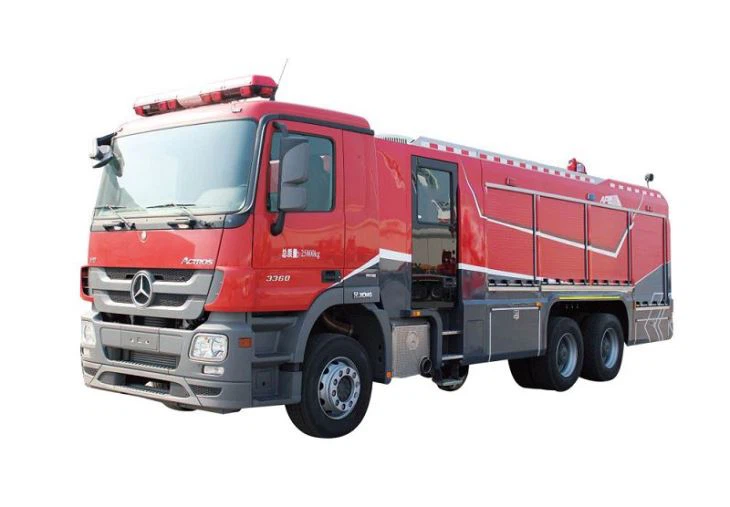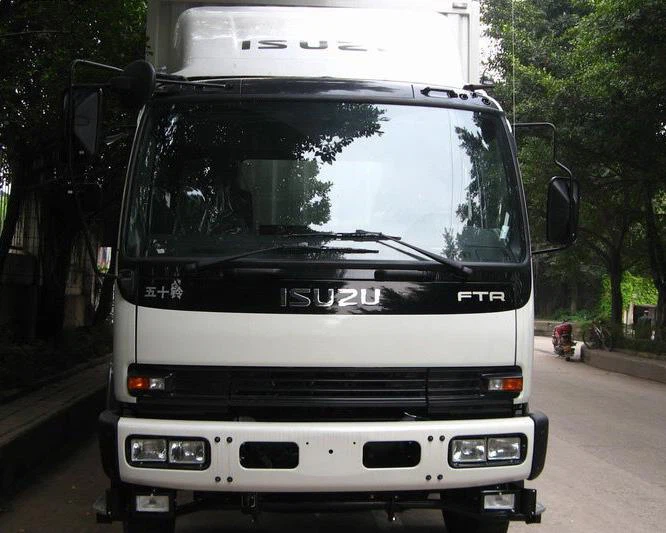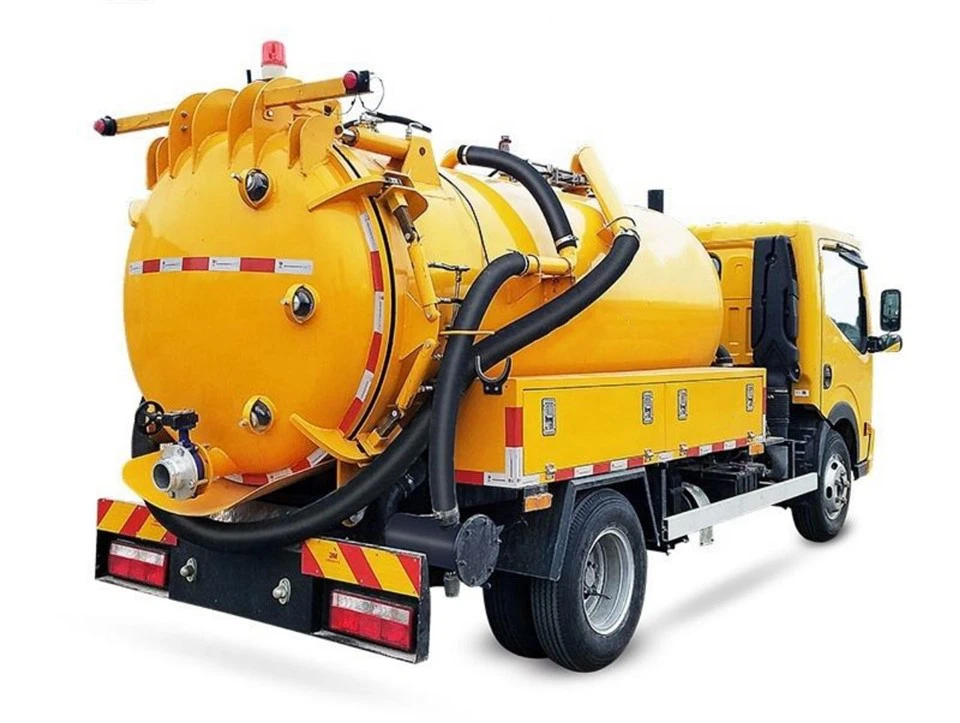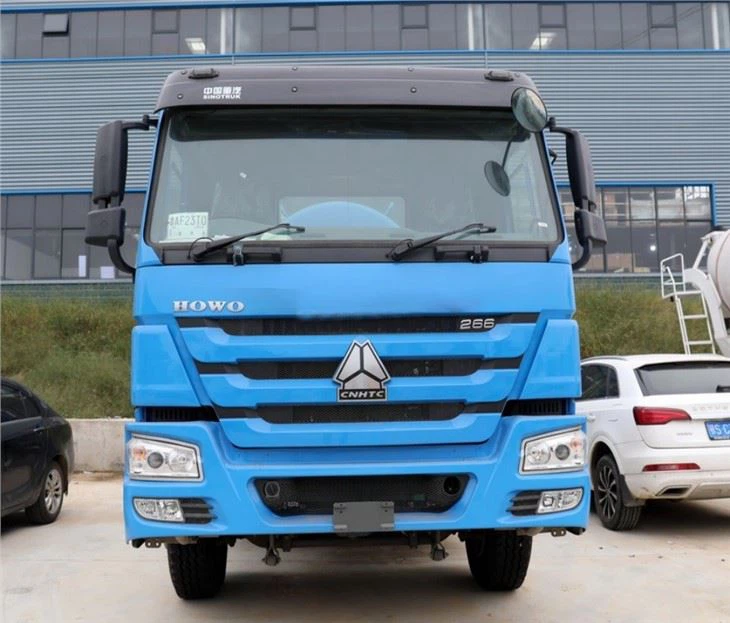Ultimate Guide to the Safe Storage of Propane Cylinders

Introduction
Propane is a versatile fuel widely used for heating, cooking, and various industrial applications. However, the safety of propane cylinders is paramount to prevent accidents and ensure proper usage. Understanding how to store propane cylinders correctly not only enhances safety but also prolongs the life of the equipment. In this comprehensive guide, we will explore essential practices, guidelines, and tips for the safe storage of propane cylinders.
Understanding Propane Cylinders
What are Propane Cylinders?
Propane cylinders are containers designed to hold liquid propane, a byproduct of natural gas processing and petroleum refining. They come in various sizes, from small camping cylinders to larger tanks used for residential heating.
Types of Propane Cylinders
- Small Portable Cylinders: Typically 20 lbs used for camping and grills.
- Refillable Cylinders: Larger sizes that can be refilled, often used for residential heating.
- Transportable Tanks: Designed for commercial use, larger than residential cylinders.
Key Characteristics of Propane Cylinders
| Feature | Description |
|---|---|
| Material | Usually made of steel or aluminum to withstand pressure. |
| Pressure Rating | Typically rated for 200-300 PSI. |
| Safety Features | Includes pressure relief valves and overfill prevention devices. |
Importance of Proper Storage of Propane Cylinders
Safety Hazards
Improper storage can lead to leaks, explosions, or fires. Understanding the dangers associated with propane is critical for anyone using or storing propane cylinders.
Legal and Regulatory Compliance
Various local, state, and national regulations dictate the proper storage and handling of propane cylinders. Compliance is essential to avoid legal repercussions.
Maximizing Cylinder Lifespan
Proper storage practices enhance the lifespan of your propane cylinders, ensuring you get the maximum value from your investment.
Guidelines for Safe Storage of Propane Cylinders
Location Considerations
- Store cylinders outdoors away from buildings and structures.
- Avoid placing cylinders in basements or enclosed spaces.
- Choose a well-ventilated area free from ignition sources.
Use of Proper Storage Racks
Using storage racks designed for propane cylinders can provide added safety and organization. Ensure racks are stable and positioned away from direct sunlight.
Temperature Control
Propane cylinders should be stored in a cool, dry place. Ideal temperatures range from 40°F to 120°F. Extreme heat can increase pressure inside the cylinder, leading to safety problems.

Security Measures

Implement security measures to prevent unauthorized access. Consider using locks or placing in a secured location, especially in residential settings.
Handling and Transportation of Propane Cylinders
When to Handle Cylinders
Always handle cylinders outdoors and use proper lifting techniques. Ensure you wear protective gear if needed.
Transportation Guidelines
- Always transport cylinders in an upright position.
- Secure cylinders to prevent movement during transport.
- Keep the vehicle ventilated. Never leave cylinders in a hot car.
Regular Inspection and Maintenance

Conducting Inspections
Regular inspections of propane cylinders are vital. Check for rust, dents, and other signs of damage. Ensure that the safety features are intact.
When to Replace Cylinders
Replace any cylinder showing significant damage, is older than 10-12 years, or fails inspection criteria.
Professional Maintenance Services
Consider hiring a professional service for regular maintenance checks. This ensures compliance with safety regulations and provides peace of mind.
Common Myths about Propane Cylinder Storage
Myth: Propane Can Be Stored Anywhere
This is false; propane should always be stored outdoors in a well-ventilated area.
Myth: Expired Cylinders Cannot Be Used
After inspection by a certified technician, some expired cylinders can still be safe to use. However, always prioritize safety first.
Myth: All Propane Cylinders Are the Same
Different sizes and types of propane cylinders serve various purposes, and they are designed with different safety features and pressure ratings.
Practical Tips for Homeowners
Labeling Cylinders
Clearly label cylinders to indicate their contents and safety instructions. This is particularly important in multi-user households.
Educate Family Members
Ensure all household members understand the risks associated with propane and the procedures for safe handling and storage.
Emergency Preparedness
- Keep fire extinguishers accessible.
- Have an emergency plan that includes propane-specific actions.
FAQ Section
1. How long can propane be stored in a cylinder?
Propane can be stored indefinitely in a properly maintained cylinder. However, it’s essential to have regular inspections and replace cylinders as necessary.
2. What should I do if I smell propane?
If you detect a propane smell, immediately evacuate the area and contact your local emergency services or the gas company.
3. Can I store propane cylinders indoors?
It is highly discouraged to store propane cylinders indoors due to the risk of leaks and potential buildup of explosive gases.
4. How often should I check my propane cylinder for safety?
Conduct visual inspections at least once a month and professional inspections annually.
5. What to do with an old or damaged propane cylinder?
Contact your local propane supplier for proper disposal or recycling options. Never attempt to dispose of it in regular trash.
6. Are there specific rules for transporting propane cylinders?
Yes, always transport cylinders upright, secure them to prevent rolling or falling, and ensure the vehicle is well-ventilated.
